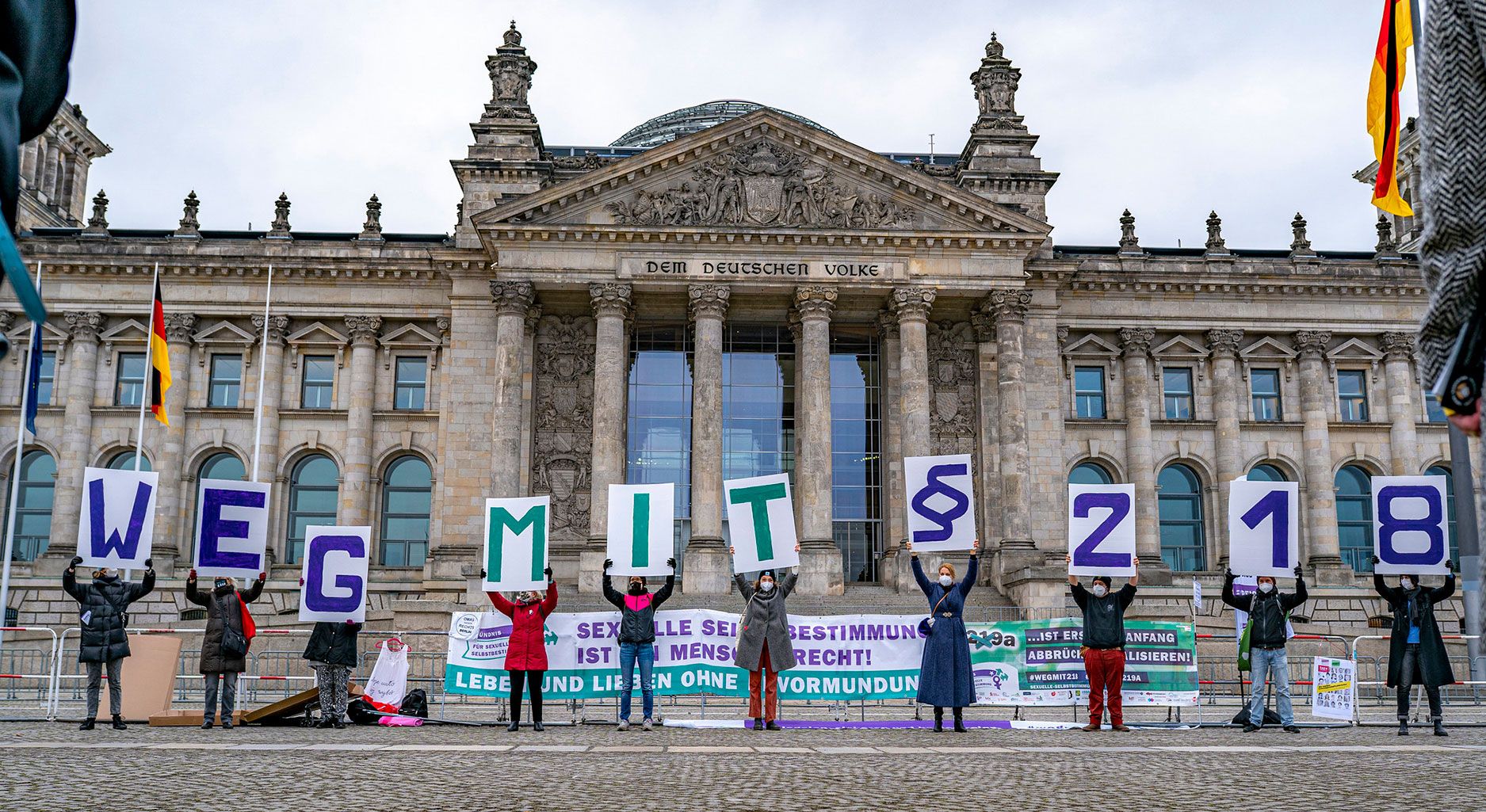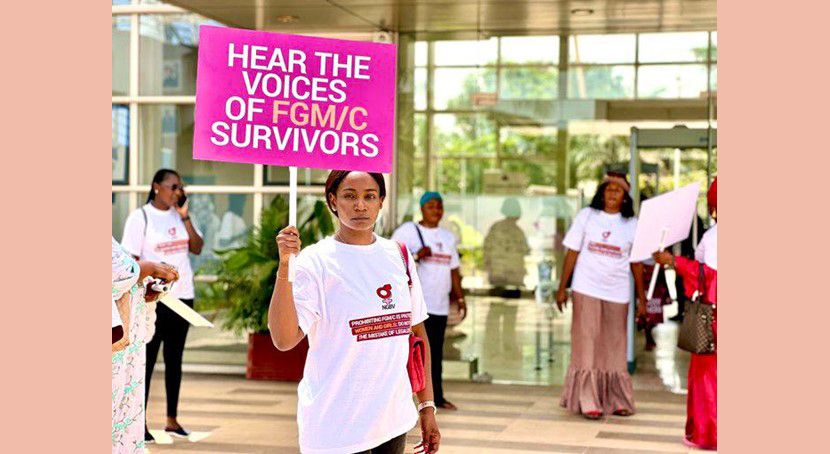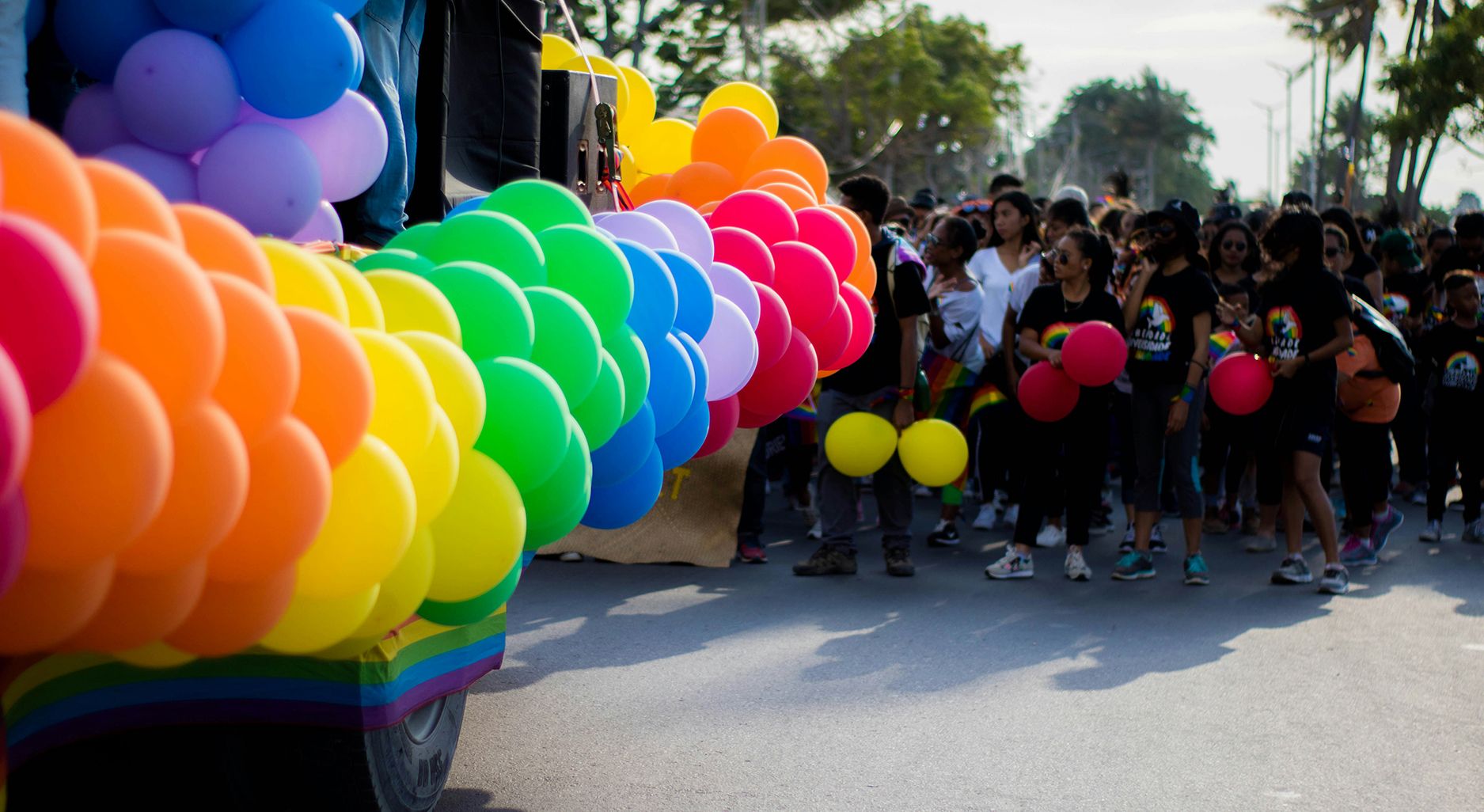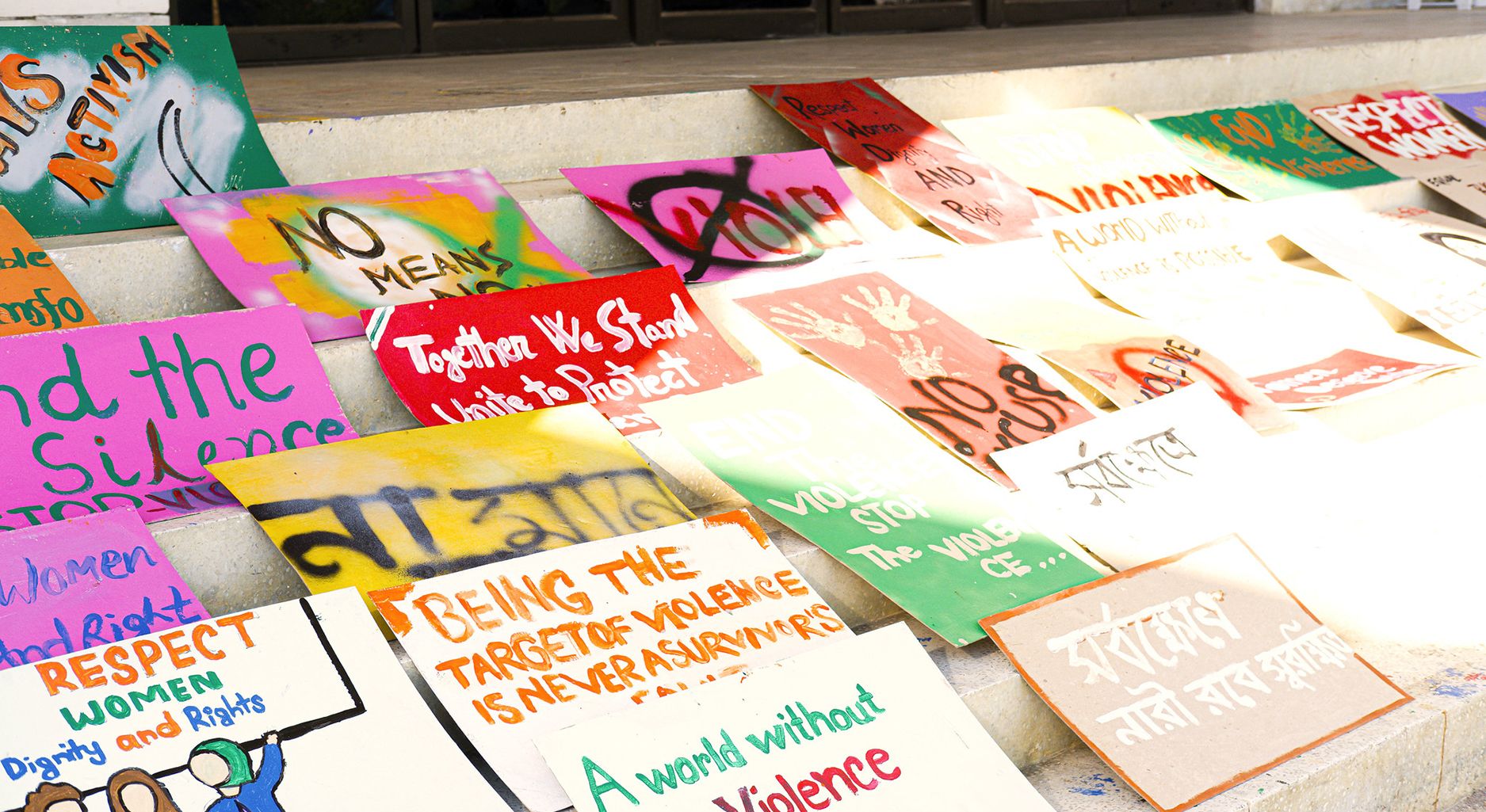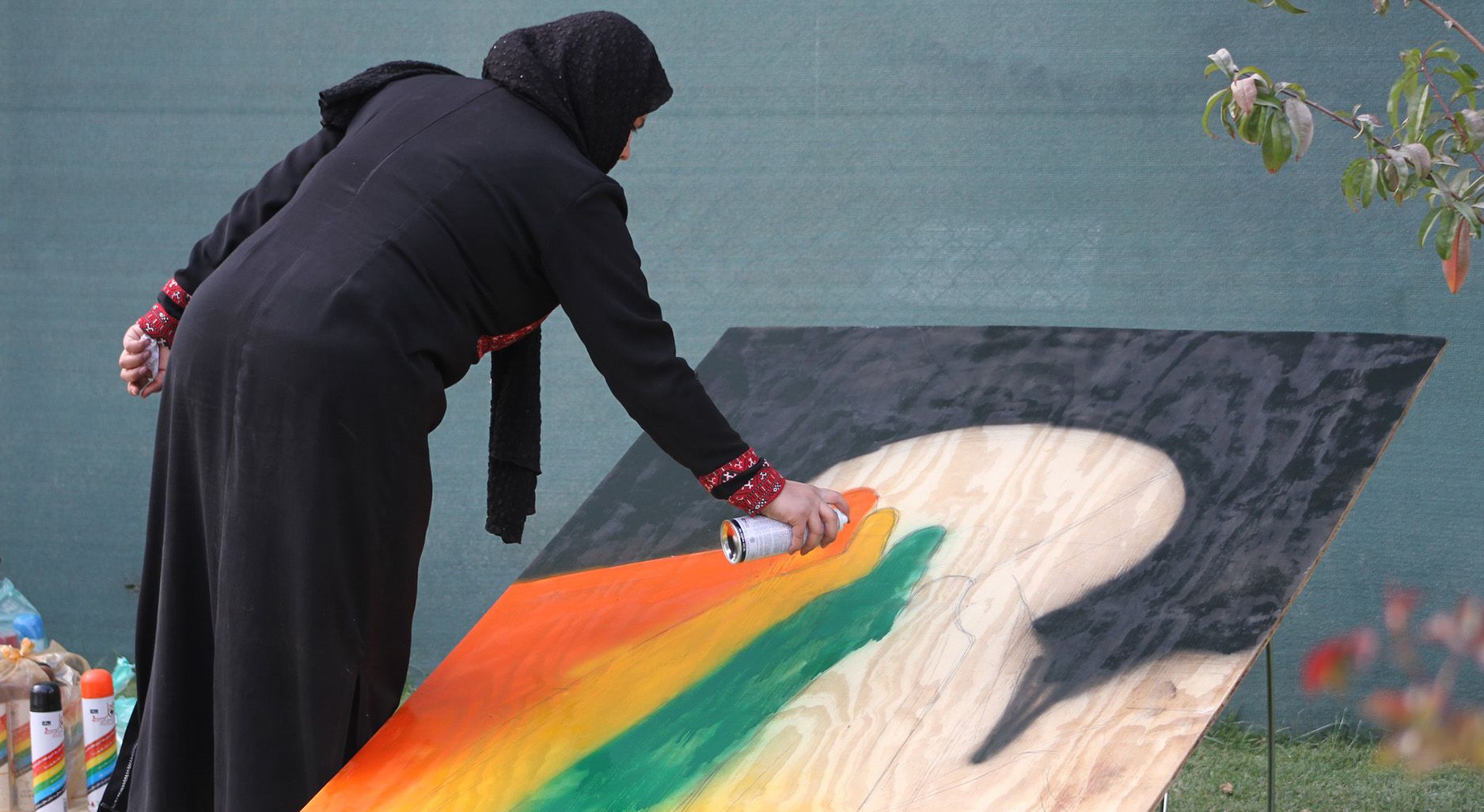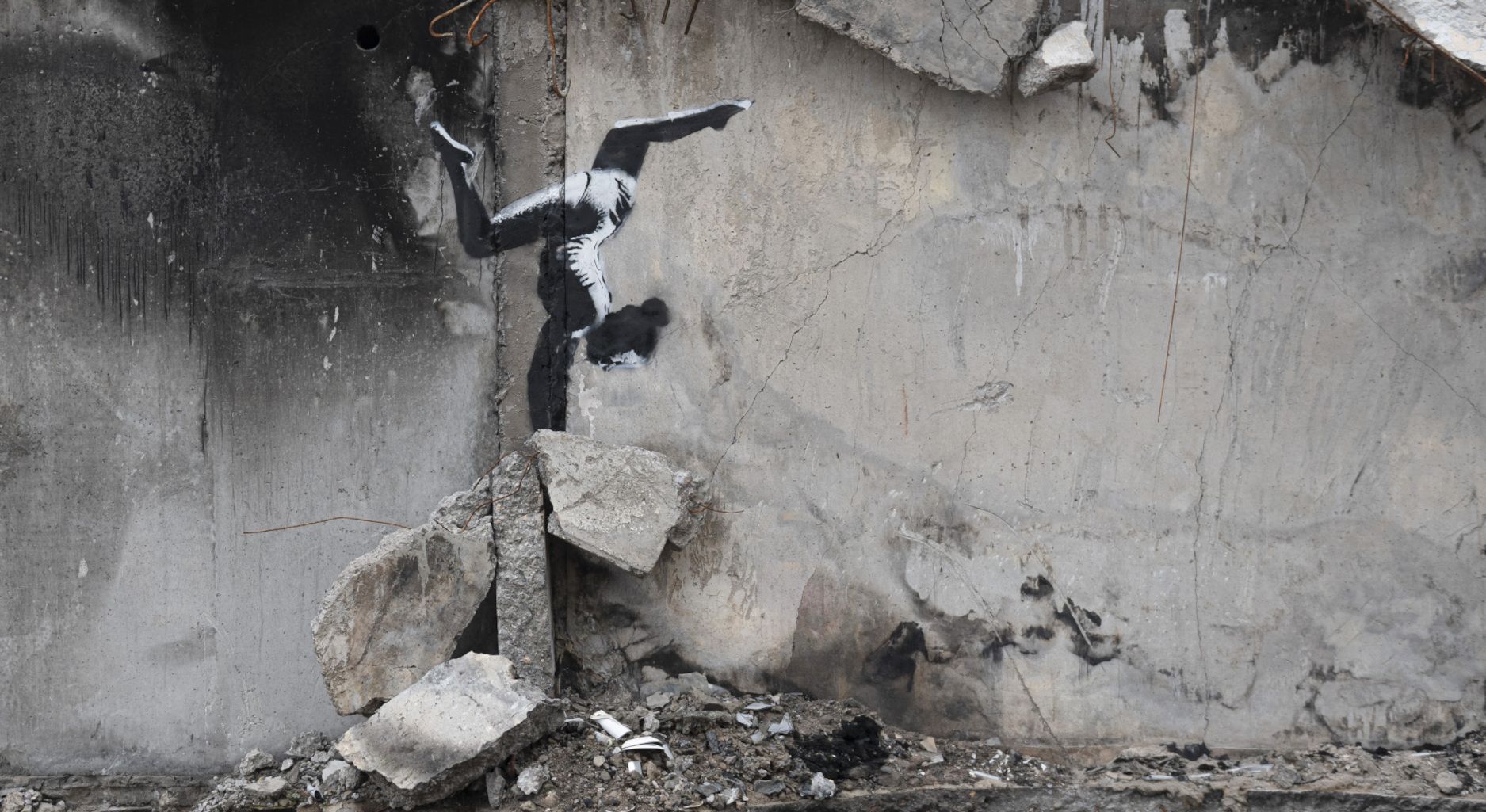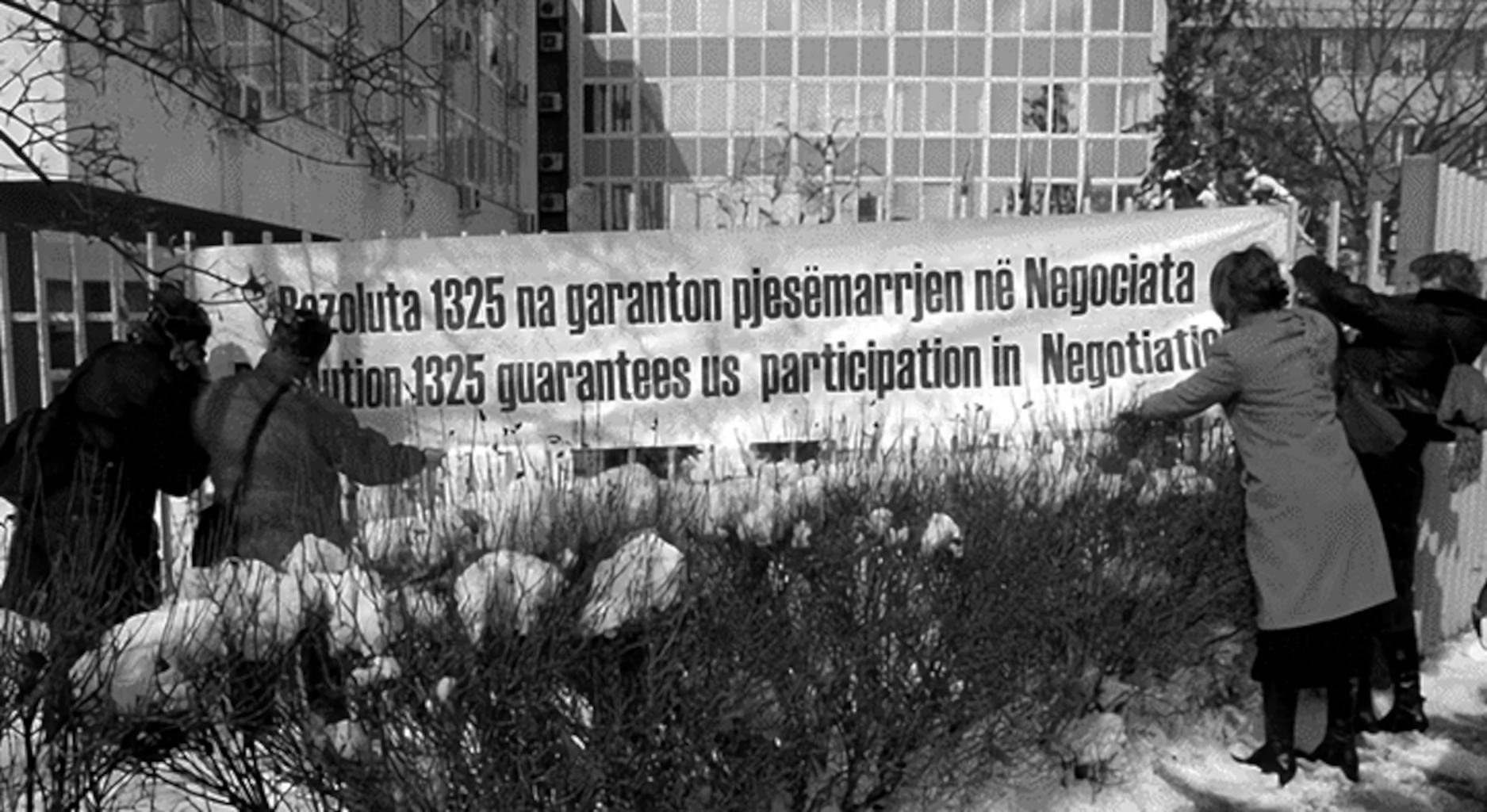Schlagwort: Feminismus
Das Recht auf Selbstbestimmung und Souveränität über den eigenen Körper und die eigene Identität...
Trump, White, Rogan – Männlichkeit, Härte und Faschismus: eine nicht ganz so neue Verbindung toxischer Männlichkeitskultur
Nun ist es Gewissheit: Donald J. Trump wird die USA für eine weitere Amtszeit regieren. Viel...
Keeping up the Ban against FGM/C: A Strong Signal for Reproductive Health and Rights from The Gambia to the World
Despite a 2015 ban, Female Genital Mutilation/Cutting (FGM/C) remains practiced in The Gambia. A...
Backlash Against LGBTIQ+ Rights in Peacebuilding: Raising Awareness During Pride Month
June is celebrated as pride month worldwide. It highlights the achievements that have been made...
Shattered Lives: The Global Crisis of Sexual Violence in Conflict
June 19th is the international day for the elimination of sexual violence in conflict. It is a...
Time for True Stories: Stereotypes Absolve Gendered Violence against Indigenous in Canada
Across North America, May 5 is a day to commemorate the thousands of missing and murdered...
Zum Internationalen Frauentag: Die Situation von Frauen in Afghanistan
Seit der Machtübernahme der Taliban am 15. August 2021 hat sich die Situation von Frauen und...
New Guidelines for Germany’s Feminist Foreign Policy: The Need To Translate Norms into Political Practice
Feminist foreign policy (FFP) should aim at revising patriarchal and colonial power structures,...
Gender Equality in Times of a Full-Scale War on Ukraine: A Hope for a Better Future?
The work on promoting gender equality in Ukraine continues even in the time of full-scale war,...
22 Years of Resolution 1325: Kosovo Women’s Voices Remain Absent from the Dialogue between Kosovo and Serbia
On October 31, 2000, the United Nations Security Council (UNSC) adopted Resolution 1325 on...
